Market Trends
Key Emerging Trends in the Europe UPS Market
In the fast-paced environment of Europe's Uninterruptible Power Supply (UPS) market, companies implement diverse strategies to establish and strengthen their market share positioning. Differentiation stands out as a key approach, with companies seeking to distinguish their UPS systems by focusing on specific features, technologies, or applications. Some companies may emphasize the efficiency, scalability, or environmental sustainability of their UPS solutions, catering to the diverse needs of businesses and industries. Through differentiation, companies aim to carve out a unique identity in the competitive European UPS market, attracting customers with tailored and innovative solutions.
Strategic collaborations and partnerships play a crucial role in the UPS sector, given the intricate and interconnected nature of power supply systems. Companies often form alliances with data center operators, facility managers, or other stakeholders to expand their offerings and provide comprehensive solutions. Collaborative ventures enable companies to address the evolving landscape of power protection, incorporate emerging technologies, and navigate regional regulatory requirements. By engaging in strategic partnerships, companies not only strengthen their market share but also position themselves as key players contributing to the resilience of critical infrastructure in Europe.
Government policies and regulations significantly influence the dynamics of the European UPS market. Companies strategically align their operations with regional energy efficiency standards, environmental regulations, and safety requirements to gain a competitive advantage. Leveraging government incentives, certifications, and compliance with evolving standards becomes essential. Staying attuned to regulatory changes and adapting strategies accordingly allows companies not only to enhance their market share but also to contribute to the broader goals of sustainability and reliability in the European power supply landscape.
Customer-centric strategies play a pivotal role in the European UPS market, where end-users include businesses, data centers, healthcare facilities, and other critical operations. Companies tailor their UPS solutions to meet specific customer needs, focusing on factors such as capacity, scalability, and adaptability to emerging technologies. Providing reliable and efficient power protection, along with responsive customer support, becomes crucial for building trust and loyalty. Positive customer experiences contribute significantly to a company's market share growth in this competitive market.
Investment in research and development (R&D) remains a fundamental strategy for companies aiming to stay ahead in the rapidly evolving UPS market in Europe. Innovation in UPS design, battery technologies, and smart functionalities allows companies to address emerging challenges and capitalize on market trends. By investing in R&D, companies not only differentiate their products but also contribute to the overall advancement of power protection systems, positioning themselves as leaders in the dynamic European UPS market.
Geographic expansion strategies are also pivotal as companies seek to enhance their market share in different regions of Europe. Each region may have specific power infrastructure needs, regulatory frameworks, and industry requirements. By strategically expanding into key markets, companies can tailor their UPS solutions to meet regional demands, establish partnerships with local stakeholders, and navigate diverse regulatory landscapes. This approach enables companies to effectively penetrate various markets and establish a robust presence in the European UPS sector.
In conclusion, market share positioning strategies in Europe's UPS market involve a comprehensive and adaptive approach. Companies differentiate their products, engage in strategic collaborations, align with government policies, prioritize customer-centric solutions, invest in R&D, and strategically expand into key geographic markets. As Europe continues to prioritize reliable and sustainable power supply, these strategies will likely evolve, reflecting the dynamic nature of the UPS market. Companies that can adeptly navigate these complexities will be well-positioned to thrive in this competitive and vital sector of the European power infrastructure landscape.


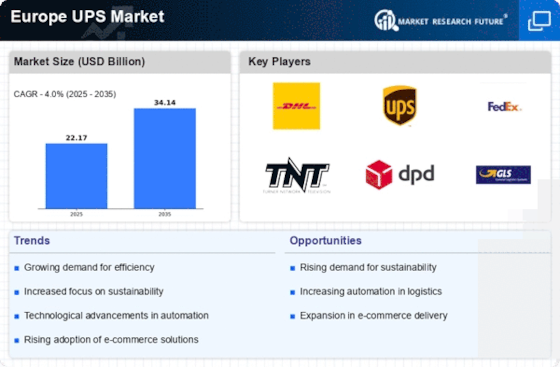
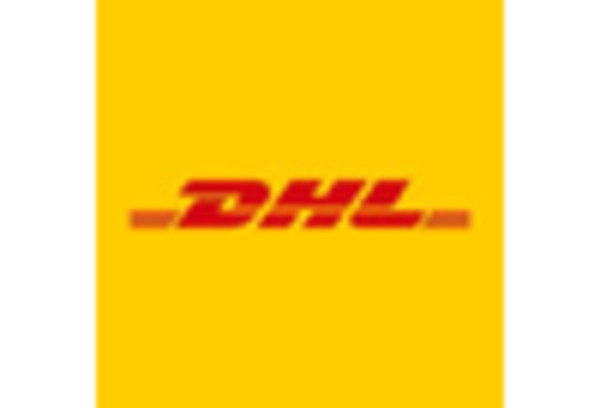
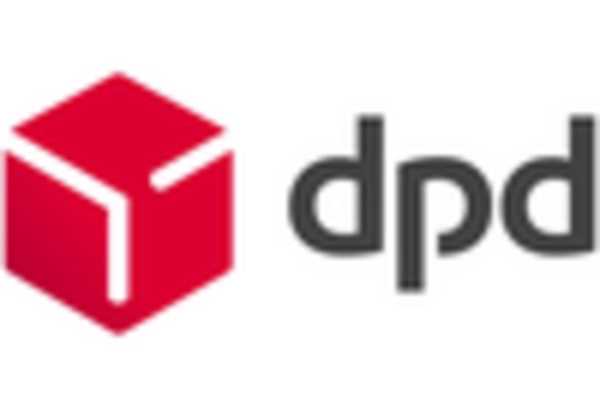
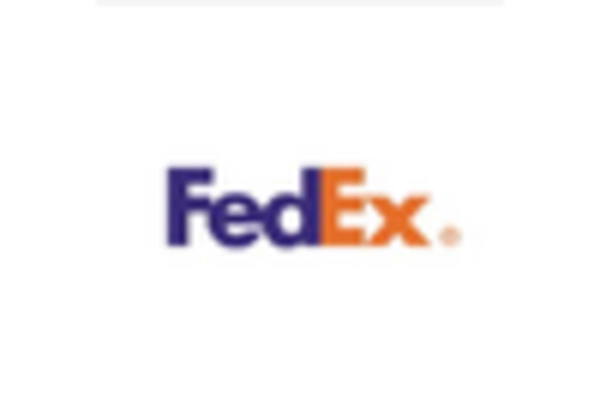
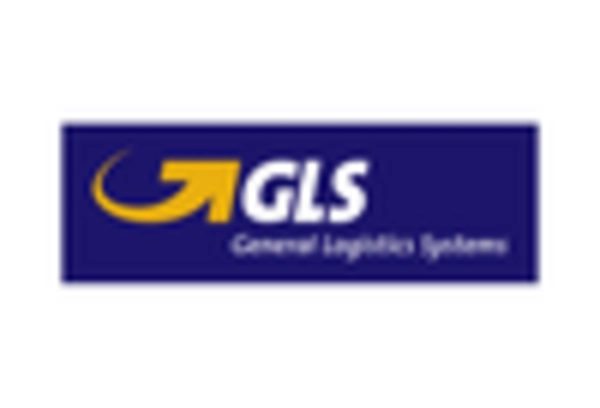
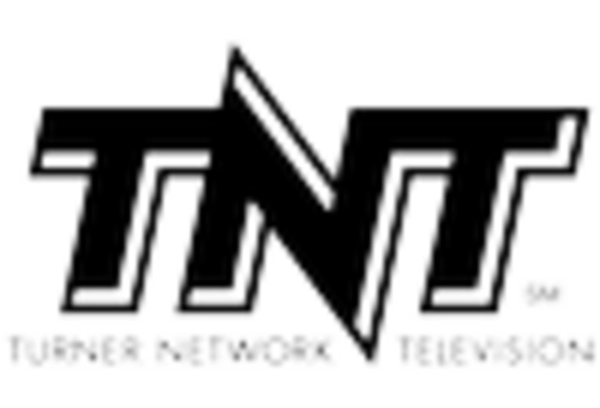
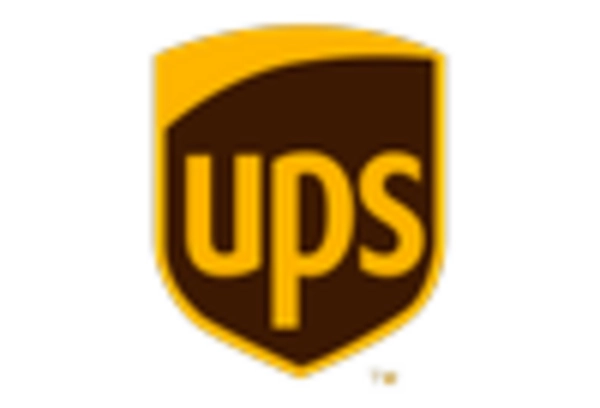









Leave a Comment